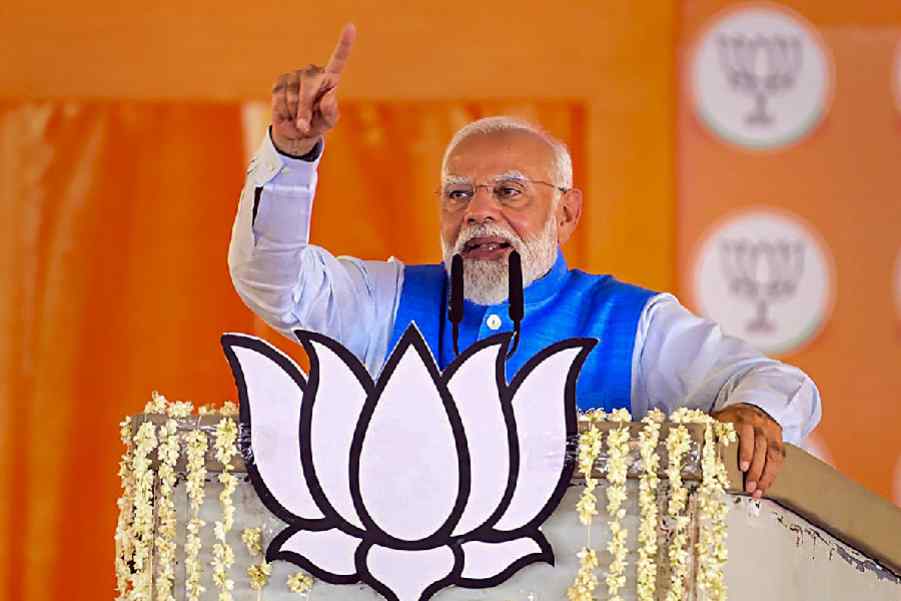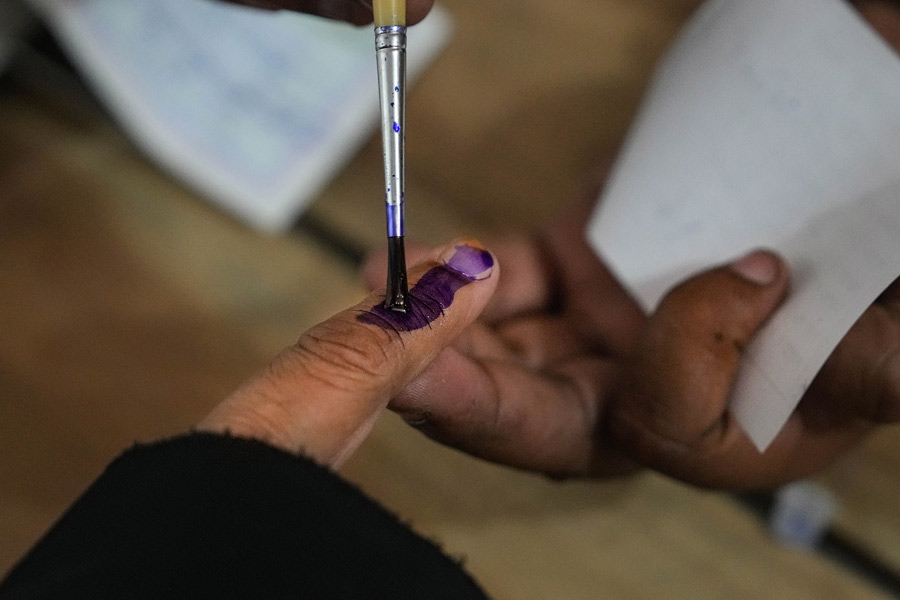Doctors are required to take the Hippocratic Oath to ensure their adherence to ethical conduct. A similar code of ethics, it was deemed, should also bind the pharmaceutical industry given its indulgence in profiteering and its complicity in other kinds of transgression. The Centre thus came up with the Uniform Code for Pharmaceutical Marketing Practices, 2024, which seeks to curb the malpractice of pharmaceutical companies offering gifts as well as pecuniary, travel and hospitality benefits to medical professionals and their kin in exchange for their prescribing specific drugs. It also limits the amount pharmaceutical firms can spend on ‘brand reminders’ and details penalties for violations. But the UCPMP armour is not without chinks. For instance, the code emphasises the suspension of the errant entity from the Indian Pharmaceutical Association with details of the wrongdoing being made public. But strangely, it has not been made mandatory, thereby leaving the door ajar for mischief. Given that there is no legal framework for enforcement — drug companies are merely requested to adhere to the strictures — the code is rendered toothless. Ironically, UCPMP is meant to be an improvement upon the earlier code of 2014 that too, health activists had argued, was riddled with loopholes. Their fears were corroborated by numerous examples of complicity between pharmaceutical firms and medical professionals which, in turn, attest to the failure of the 2014 code. A 2019 RTI application revealed that 20 drug companies violated the provisions but the authorities remained mum on the quantum of punishment meted out to the defaulters. Furthermore, Micro Labs, a drug manufacturer that was found to have supplied doctors with 'freebies' to the tune of Rs 1,000 crore to push for Dolo-650 during the pandemic, was given a clean chit.
The third player in this murky nexus is the government. After maintaining that the 2014 UCPMP needed legal backing, the Centre made an unceremonious retreat in 2019, asserting that the existing code was adequate. This inconsistency may have emboldened the racketeers. Some years ago, a study found that the top seven pharmaceutical companies in India together spent about Rs 34,000 crore on marketing in the past eight years. This led to spikes in drug prices — the aforementioned study suggested that promotion expenses constituted 20% of the drug price — inconveniencing patients financially. Upholding ethics is a moral obligation. It is incumbent upon drug companies and doctors to stick to the rules of conduct.










